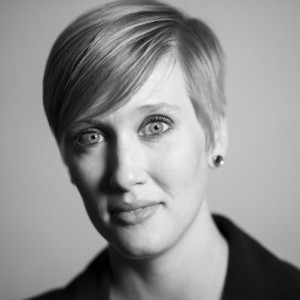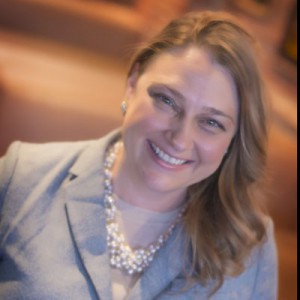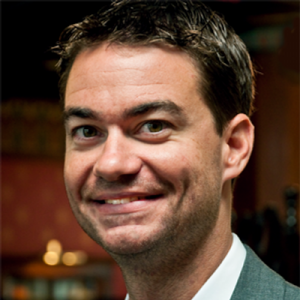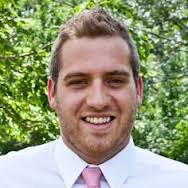 Heather is a long-time SEO professional and well rounded digital marketer. She works at one of the largest marketing firms in Kansas City, but will be talking to us about the entrepreneurs she’s helped over the years. We caught up with her to get a bit more information about her history and her presentation.
Heather is a long-time SEO professional and well rounded digital marketer. She works at one of the largest marketing firms in Kansas City, but will be talking to us about the entrepreneurs she’s helped over the years. We caught up with her to get a bit more information about her history and her presentation.
Q: How did you get started in your current field?
A: Truthfully, my career in digital marketing started when I was 13 years old and created my first Geocities website, ha! It ultimately evolved into an online magazine called Heavy Frequency, which covered bands, musicians, and the music community in the Kansas City area.
I got my degree in Strategic Communications (Advertising) from the University of Missouri Journalism School. From there, I went on to work at agencies of all sizes (PlattForm, Fleishman Hillard, VML), specializing in search engine optimization and content marketing, among other digital marketing disciplines.
I was an SEO freelancer for several years, as well. As my clients’ interest and needs evolved, and they needed even more help to grow their small businesses, it ultimately led to the creation of Tentacle Inbound.
Now, I lead the SEO practice at VML and Red Fuse serving some of the world’s largest brands, and then on a smaller local scale, I own and operate Tentacle Inbound to serve small businesses.
Q: Describe your ‘ah ha’ moment about WordPress?
A: My eyes were really opened to WordPress when my clients kept coming to me for digital marketing services, but found themselves trapped by their hard-coded website builds that they didn’t understand or have access to, or clunky CMSs that simply didn’t get the job done. We couldn’t do our best work for them because they simply didn’t have the tools.
My clients needed a powerful website solution that was simple out-of-the-box, but could be customized to a great degree for each of their unique business needs. We’ve got clients that have a variety of needs, including e-commerce needs, hospitality booking, lead generation, community building, and so much more. WordPress can successfully meet the needs of all these clients with one simple, incredible platform.
In addition to my clients benefiting from the many perks of WordPress, my own business has been able to be flexible and grow without having to completely start from scratch on the website every time we’ve had to pivot over the years. The website has changed and grown with us, but the foundation has always stayed the same – thanks to WordPress.
Q: If you could go back to when you were getting started and give yourself one piece of advice, what would it be?
A: Stop, and take the time to make a (flexible) plan. Start by defining goals first, then determining the strategy, then outlining tactics – not the other way around.
This seemingly simple approach applies to so many things in the professional world, from starting our own businesses, to pitching new clients, to building websites, to digital marketing strategies, to facing a conflict in the office, and so much more.
It’s easy to want to just dive in at the tactical level, but taking a little time to step back and think more strategically makes a world of difference for efficiency, effectiveness, and your own sanity.
Q: Describe your talk in three sentences or less.
A: Many small business owners find themselves trapped with outdated websites they can’t use, in an intimidating environment completely outside their comfort zones. Instead of having a valuable tool to grow with them and their businesses, they end up feeling held hostage by their websites. In my talk, I will share true stories of real clients who escaped captivity with the help of WordPress, and paved the path to better digital marketing, even on bootstrapper budgets.
Q: Who should attend your talk (beginner developer, intermediate content provider, advanced designer, etc)?
A: Entrepreneurs and digital marketers will find this talk especially useful and relevant, but really, anyone who is selling their own WordPress services can benefit from understanding clients’ website pain points, and how WordPress solves those problems for them.
This post is part of a multi-day series featuring speakers from WordCamp Kansas City 2015. Subscribe to have them delivered to your mailbox, or feel free to check back every day!
 We welcome Marianne to WordCamp Kansas City to share tips on building your team. She has a lot of experience and she was kind enough to share with us a little more about her history here!
We welcome Marianne to WordCamp Kansas City to share tips on building your team. She has a lot of experience and she was kind enough to share with us a little more about her history here!






